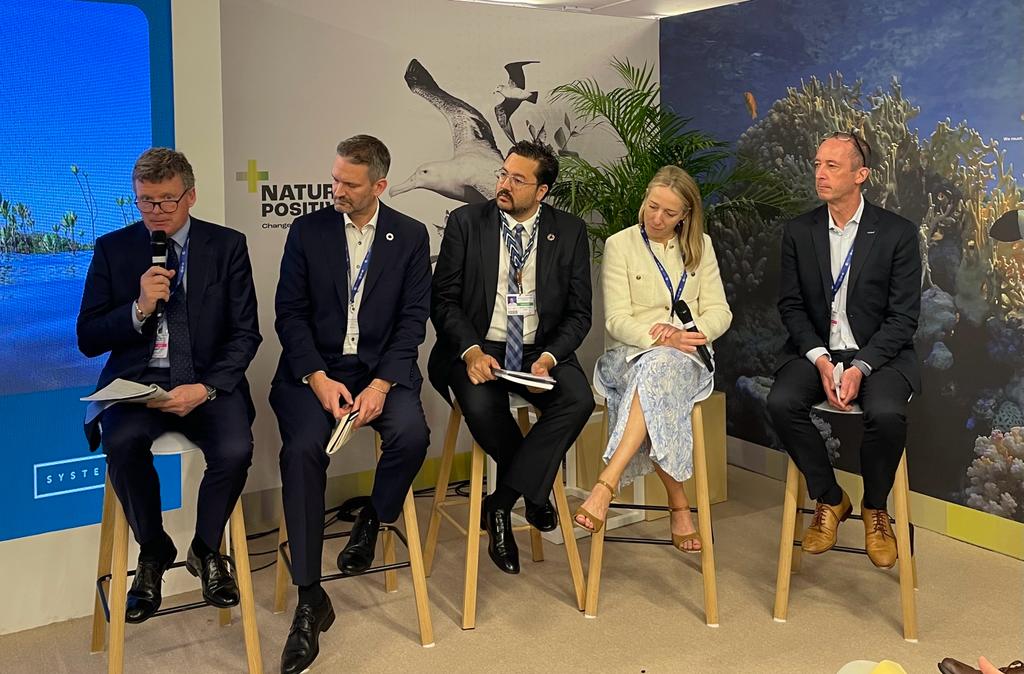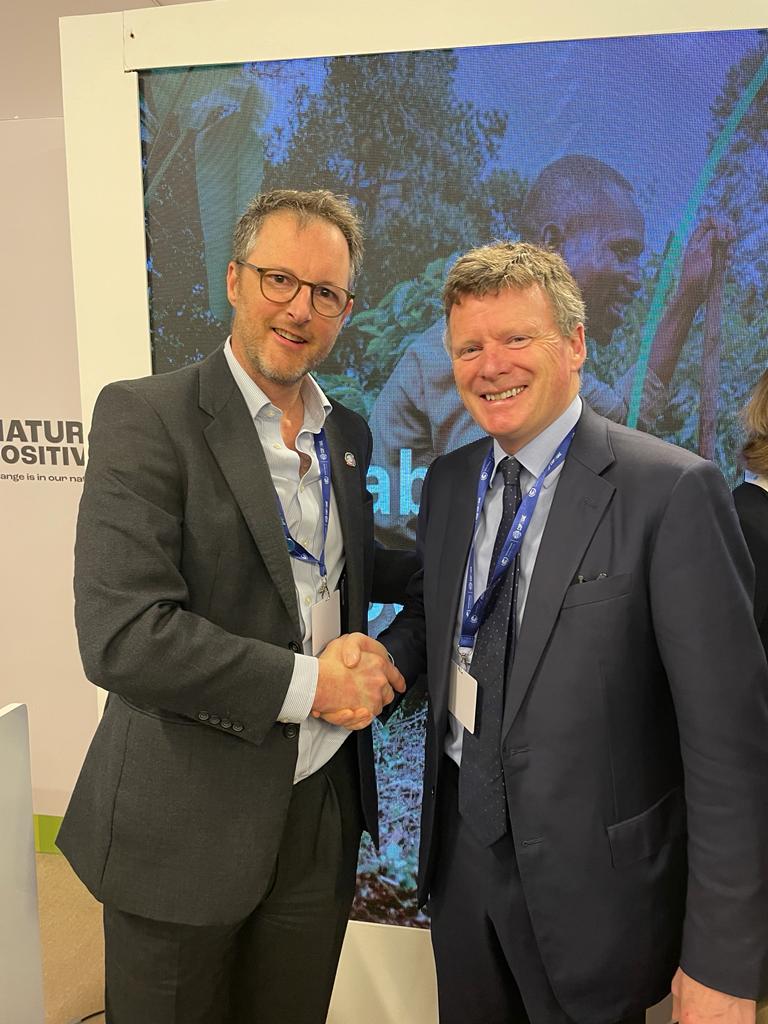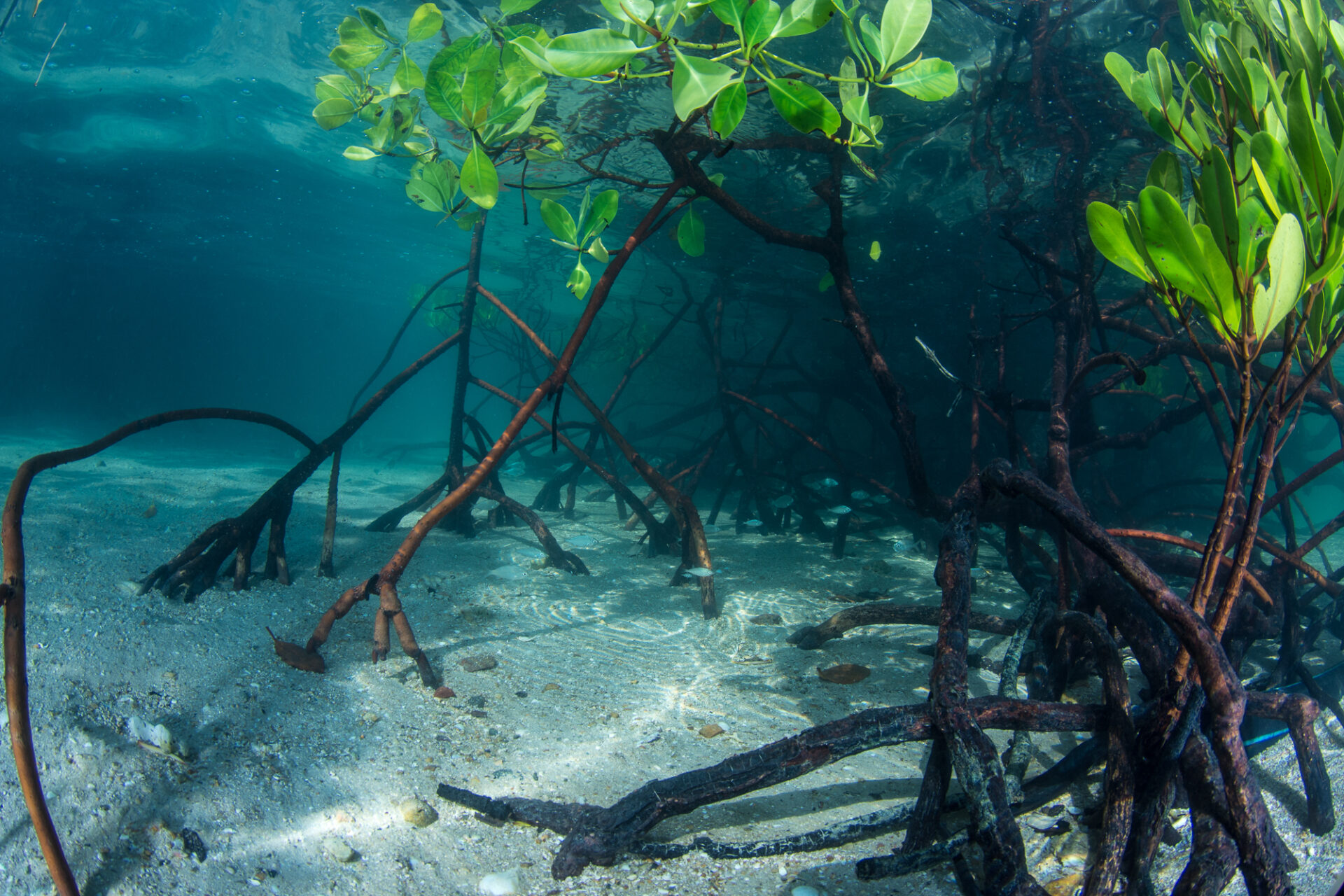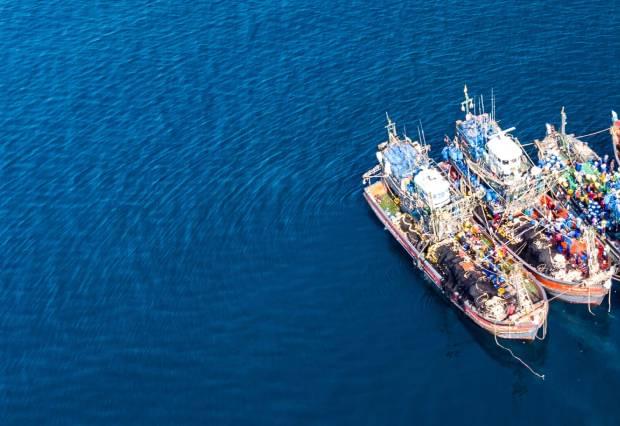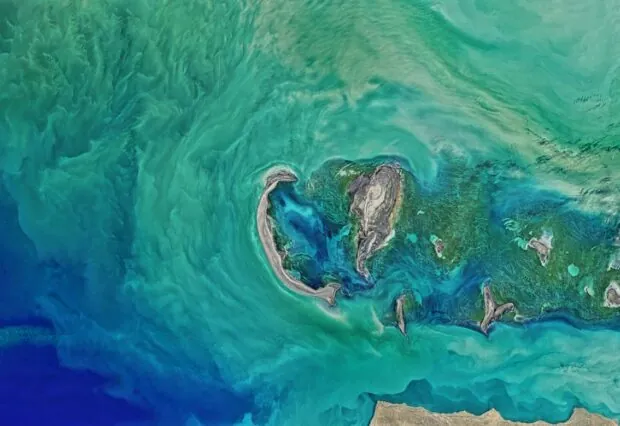- Twelve projects announced at COP28 with each receiving up to USD$500,000 to scale finance and insurance products
- Initiative driven by the Ocean Risk and Resilience Action Alliance (ORRAA) supports projects demonstrating a pioneering approach to enhancing ocean and coastal resilience
- Projects financed by the UK’s Blue Planet Fund as part of its commitment to drive investment into coastal and ocean natural capital.
Dubai, Monday 4 December 2023, COP28 – Twelve pioneering projects designed to build ocean and coastal resilience through innovative and scalable finance and insurance products have today been revealed at COP28 after a global search – each receiving between USD$150,000 and USD$500,000.
The winning projects from a global Call for Proposals run earlier this year – financed through the UK’s Blue Planet Fund – are part of ORRAA’s continuing mission to catalyse the investment of at least USD$500 million into coastal and ocean natural capital through the development and deployment of financial products that aim to build the resilience of 250 million climate vulnerable coastal people, by 2030.
The successful projects were selected from more than 140 applications from around the world, with a particular focus on Small Island Developing States (SIDS) and coastal Least Developed Countries (LDCs). In total, more than GBP£3.2 million / USD$4 million is being granted across these projects.
Some of the projects enable investment into ocean and coastal Nature-based Solutions (NbS), such as the pilot grant to incentivise mangrove protection and restoration by gathering the data necessary to establish a voluntary community mangrove carbon credit (VCMCC), which was awarded to the University of Education, Winneba-Ghana in Ghana.
Other projects are working to support adaptation and resilience, such as the nearly USD$500,000 project grant to Associação Moçambicana de Reciclagem (AMOR) in Mozambique to implement a finance facility that strengthens the local circular economy by selling plastic credits and reducing ocean bound plastic waste.
Then there are projects aiming to mitigate risk multipliers like overfishing and pollution, such as the USD$500,000 grant to UNDP in Indonesia (in collaboration with Swiss Re) to develop and launch parametric and indemnity insurance products to protect and restore coral reefs, while strengthening the financial resilience of communities dependent on reef-related sectors such as fishing and tourism.
UK Environment Secretary Steve Barclay MP said:
“Today’s announcement marks a significant step forward in our commitment to protect the marine environment and invest in coastal communities. These 12 innovative projects will not only help maintain our precious ocean biodiversity but also create numerous economic opportunities that can alleviate poverty and enhance livelihoods.
“The UK’s £500 million Blue Planet Fund is crucial to helping to increase investment in a sustainable blue economy while leading on our ambition to safeguard 30 per cent of the world’s oceans by 2030 and deliver tangible results that benefit both nature and people.”
Karen Sack, Executive Director of the Ocean Risk and Resilience Action Alliance said:
“ORRAA’s success in identifying and nurturing these pioneering projects in close partnership with the UK’s Blue Planet Fund showcases our commitment to creating a robust investable project pipeline. It is crucial to address the private sector’s call for investable opportunities and for the public sector to provide the support needed to incubate, pilot and innovate initiatives like these, in so doing to bridge the gap between conservation, communities and financial viability.
“These projects are more than simply investments in coastal and ocean resilience; they are investments in the future of our planet and the resilience and well-being of communities across the globe. Together, we are forging a path to a resilient and sustainable blue economy.”
Nathaniel Matthews, Chief Executive Officer, of the Global Resilience Partnership, said:
“We recognise that the building blocks of resilience must include community-led projects. It is therefore important that the Blue Planet Fund is backing – and that ORRAA has selected – these twelve projects. Funding like this is crucial in terms of advancing resilience for those most likely to be impacted by climate and ocean risks.”
Financial support from the UK’s Blue Planet fund will support the following:
- Costa Rica and Panama – MarViva is working with coastal community stakeholders for improved access to microinsurance products to strengthen the financial resilience of vulnerable small-scale fishers and sustainable fishing livelihoods – USD$400,000 (read more here).
- Ghana – The University of Education, Winneba-Ghana and Hen Mpoano are piloting a voluntary community mangrove carbon credit (VCMCC) that will help farmers transition from mangrove logging to restoration. Additionally, they will work with farmers to build alternative sustainable livelihood activities, such as beekeeping, clam and oyster farming. – USD$148,500 (read more here).
- Indonesia – Rare Inc. is launching the world’s first small-scale fisheries impact bond focused on the sustainable, community-led management of coastal and marine resources, as well as improving the livelihoods and formalization of the small-scale fisheries sector. – USD$500,000 (read more here).
- Indonesia – UNDP, in collaboration with Swiss Re, is creating parametric/hybrid insurance products to protect and restore coral reefs, while strengthening the financial resilience of communities dependent on reef-related sectors such as fishing and tourism. – USD$500,000 (read more here).
- Kenya – The Association for Coastal Ecosystem Services (ACES) will develop a demonstration site for the practical implementation of co-generation of carbon and biodiversity credits within the Vanga Blue Forest project, with the potential to be replicated in other blue carbon projects. This project is also supported by the Ledunfly Foundation. – USD$207,332 (read more here).
- Mozambique – Associação Moçambicana de Reciclagem (AMOR) will implement a financial facility to strengthen the circular economy by creating waste credits, reducing ocean pollution while increasing climate resilience. – USD$499,935 (read more here).
- Honduras, Indonesia, and the Philippines – Rare Inc. is expanding their microinsurance programme to help fishers, their families, and coastal communities protect their livelihoods and recover from shocks and climate-related events. – USD$230,283 (read more here).
- South Africa – WILDTRUST will enhance its efforts to sustainably finance South Africa’s marine protected area (MPA) network. In doing so, they will also advance partnerships to finance efforts to protect 30 per cent of the country’s exclusive economic zone by 2030. This project is also supported by the Blue Action Fund. – USD$397,735 (read more here).
- Vietnam – Fauna & Flora International is setting up a community-managed biodiversity fund to promote nature-positive, climate-resilient enterprises in the Núi Chúa marine protected area. – USD$150,000 (read more here).
- Global – The Stockholm Resilience Centre (SRC) is researching how gender is systemically considered in fisheries policies for 20 countries in the Global South. In doing so, they will identify gender-transformative policies currently in place, that can be scaled or adapted into other contexts around the world. This project is also supported by the Government of Canada. – USD$225,000 (read more here).
- Global – Conservation International, along with other partners, are in the process of creating a “High-Quality Blue Carbon Practitioners Guide” – a complementary effort to the High-Quality Principles and Guidance document launched last year – and serves as a strategic blueprint for establishing high-quality blue carbon projects and portfolios. – USD$213,637 (read more here).
- Global – ORRAA will develop an interactive data platform for the Coastal Risk Index (CRI), an innovative risk assessment tool that can be used by local practitioners and risk industry stakeholders to calculate coastal flood hazards and understand the benefits of nature-based solutions for coastal communities. – USD$500,000 (read more here).
